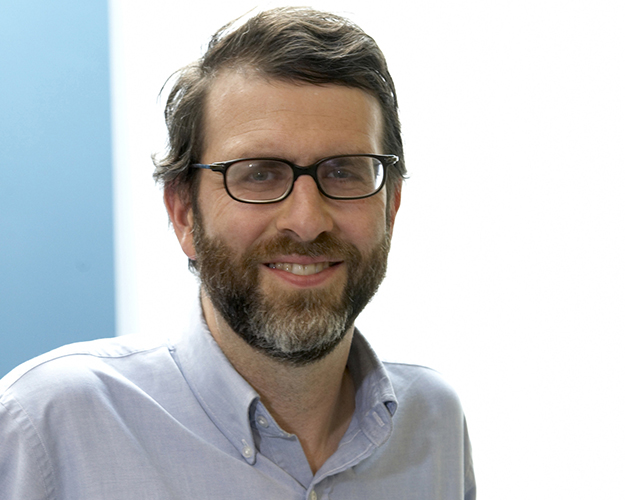McMaster researcher informs development of Ebola vaccine trials

McMaster researcher Jonathan Dushoff worked with University of Texas and University of Florida researchers to help the U.S. Centers for Disease Control and Prevention by modeling which types of trials will provide the best information.
The waning number of Ebola cases is good news for West Africa, but for those developing a vaccine for the disease, it means time is running short.
As the current outbreak wanes, scientists have to make the most of every opportunity to determine if an Ebola vaccine is safe and effective. McMaster researcher Jonathan Dushoff initiated a study to do just that, looking at potential designs for a trial in Sierra Leone.
He worked with University of Texas and University of Florida researchers to help the U.S. Centers for Disease Control and Prevention by modeling which types of trials will provide the best information.
Dushoff is a member of the Michael G. DeGroote Institute for Infectious Disease Research, an associate professor of biology and a senior writer on the study released online this week by the journal The Lancet Infectious Diseases.
Ebola vaccine trials are underway in Guinea and Liberia, two of the three hardest-hit countries in the ongoing epidemic, and the CDC just announced a vaccine trial in Sierra Leone. Ebola has declined at different rates throughout Sierra Leone, which could impact the findings of a vaccine study.
Their results show that the “stepped wedge” trial design originally planned would have been less likely to provide clear information than the phased-rollout randomized controlled trial that the CDC now plans to use.
By helping vaccine developers glean the information they need, the researchers are helping to put an end to future Ebola outbreaks.

